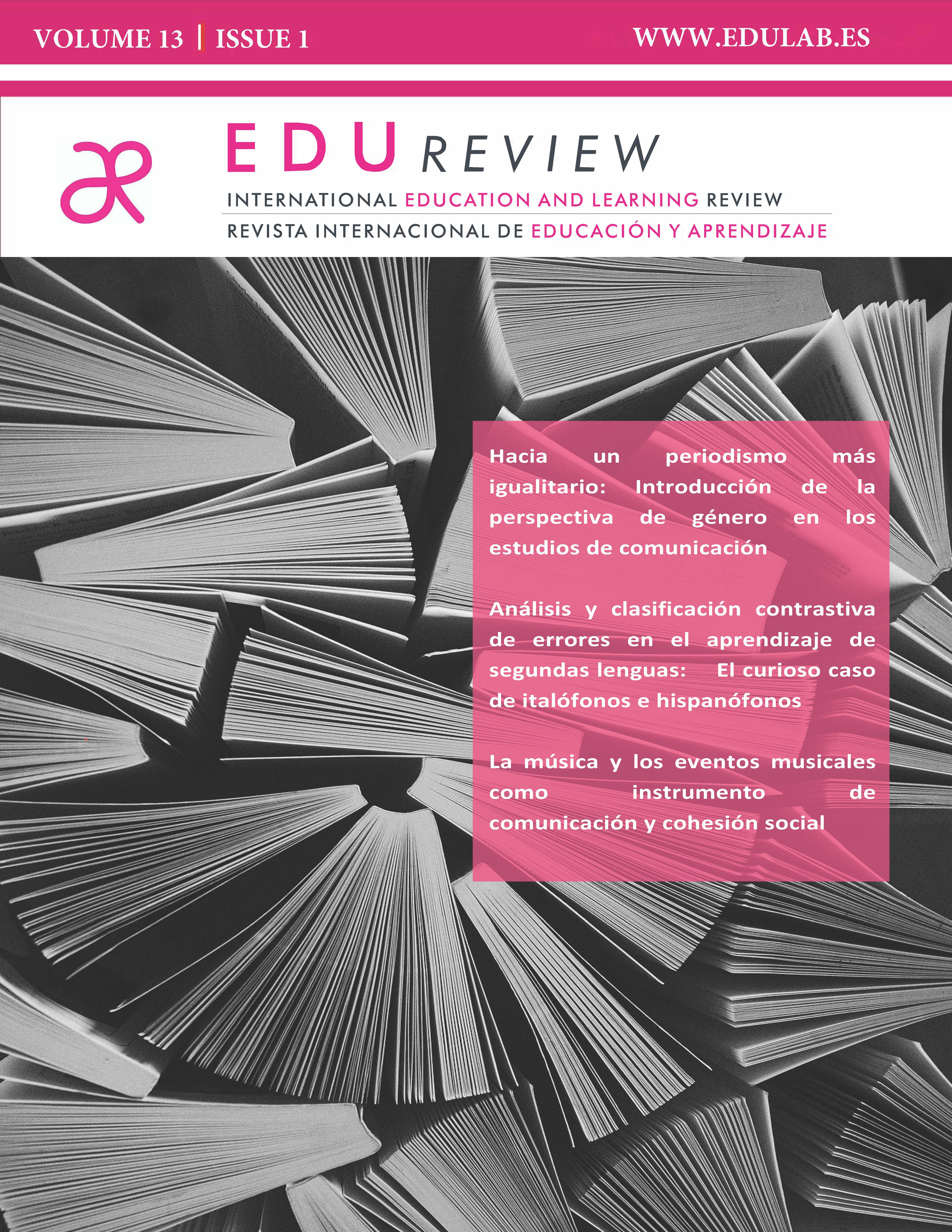Education as a Scenario for Action
Notes for a Reflection in Ethical Perspective
DOI:
https://doi.org/10.62701/revedu.v13.5393Keywords:
Action, Criticism, Self-care, Education, Ethics, PluralityAbstract
The main reflections of a research work are presented whose objective is to analyze in what sense education can be a scenario for the development of action, based on a critical (ontological) care of oneself. From Arendt's political theory, the category of action is taken, conceived as the appearance of someone, not something, before others. The institutional reality of education is also taken into consideration, assumed as the reproduction of a dominant order. However, action is understood as an ontological trace, even in school. For this, the perspective of ethics as self-care is assumed, based on Kant and Foucault: only on the basis of critical self-care, action can be openness to an actuality that enables new modes of relationship. It is concluded that education is a scenario for human plurality.
Downloads
Global Statistics ℹ️
|
257
Views
|
73
Downloads
|
|
330
Total
|
|
References
Althusser, L. (1971). Ideología y aparatos ideologicos del Estado. Medellín: Editorial la Oveja Negra.
Aramayo, R. (2020). La filosofía como vacuna contra el embaucamiento de los taumaturgos: una lectura del texto kantiano titulado "El conflicto de las Facultades". En I. Kant, El conflicto de las Facultades (págs. 237-260). Madrid: Alianza.
Arendt, H. (1999). Correspondencias 1925-1975 y otros documentos de los legados. Barcelona: Herder.
Arendt, H. (2005). La condición humana. Barcelona: Paidós.
Arendt, H. (2016). La promesa de la política. Barcelona: Paidós.
Arendt, H. (2019). ¿Qué es la Política? Barcelona: Paidós.
Arendt, H. (2020). Los origenes del totalitarismo. Madrid: Alianza Editorial.
Arendt, H. (2021). La crisis de la educación. En H. Arendt, La pluralidad del mundo (págs. 330-357). Bogotá DC: Taurus.
Arendt, H. (2021). La pluralidad del mundo. Bogotá DC: Taurus.
Bárcena, F. (2000). El aprendizaje como acontecimiento ético. Sobre las formas del aprender. Enrahonar, 9-33.
Baudelaire, C. (2014). El esplín de París. Madrid: Alianza .
Baudelaire, C. (2019). Las flores del mal. Madrid: Alianza.
Benhabid, S. (1993). La paria y su sombra: sobre la invisibilidad de las mujeres en la filosofía política de Hannah Arendt. Revista Internacional de Filosofía Política, No.2, 21-36.
Bourdieu, P. (2002). Capital cultural, escuela y espacio social. Madrid: Editorial Siglo XXI.
Chartier, A.-M. (2015). Enseñar a leer y escribir: una aproximación histórica. México DF: Fondo de Cultura Económica.
Cullen, C. A. (2000). Las relaciones del docente con el conocimiento. En C. A. Cullen, Crítica de las razones de educar (págs. 135-153). Buenos Aíres: Paidós.
De Zubiria, J. (2013). El maestro y los desafíos a la educación en el siglo XXI. REDIPE, 2-17.
Durkheim, É. (1999). Educación y Sociología. Barcelona: Ediciones Altaya.
Feierstein, D. (2007). El genocidio como práctica social. Entre el nazismo y la experiencia argentina. Buenos Aíres: Fondo de Cultura Económica .
Foucault, M. (1984). La ética del cuidado de sí como práctica de libertad (Diálogo con Becker, H.; Fornet-Betancourt, R.; Gómez-Muller, A.). París: Gallimard.
Foucault, M. (2006). Sobre la Ilustración. Madrid: Tecnos.
Kant, I. (1982). Cómo orientarse en el pensamiento. Buenos Aíres: Editorial Leviatan.
Kant, I. (1986). Respuesta a la Pregunta ¿Qué es la Ilustración? (Rúben Jaramillo Tr.) . Revsita Colombiana de Psicología , 7-10.
Kant, I. (2020). El conflicto de las Facultades. Madrid: Alianza.
Martínez, M. (1995). Introducción al Diálogo el Banquete. En Platón, Banquete (págs. 62-100). Barcelona: Planeta-DeAgostini.
Nietzsche, F. (2009). Sobre el Porvenir de Nuestras Escuelas. Barcelona: Tusquets Editores.
Pérez, J. F. (1997). Elementos para una teoria de la Lectura. Revista Colombiana de Psicología, Núm.7, 239-244.
Platón. (2019). Banquete. En Platón, Diálogos III. Madrid: Gredos.
Platón. (2019). Fedro. En Platón, Diálogos III. Madrid: Gredos.
Weber, M. (2005). Economía y Sociedad. México D.F.: Fondo de Cultura Economica.
Zuleta, E. (2004). El Pensamiento Psicoanalítico . Medellín: Hombre Nuevo Editories.
Zuleta, E. (2020). Conversaciones. Bogotá DC: Editorial Planeta.
Zuleta, E. (2020). Eucación y democracia. Bogotá DC: Editorial Planeta.
Downloads
Published
How to Cite
Issue
Section
License
Copyright (c) 2025 Authors retain copyright and transfer to the journal the right of first publication and publishing rights

This work is licensed under a Creative Commons Attribution-NoDerivatives 4.0 International License.
Those authors who publish in this journal accept the following terms:
-
Authors retain copyright.
-
Authors transfer to the journal the right of first publication. The journal also owns the publishing rights.
-
All published contents are governed by an Attribution-NoDerivatives 4.0 International License.
Access the informative version and legal text of the license. By virtue of this, third parties are allowed to use what is published as long as they mention the authorship of the work and the first publication in this journal. If you transform the material, you may not distribute the modified work. -
Authors may make other independent and additional contractual arrangements for non-exclusive distribution of the version of the article published in this journal (e.g., inclusion in an institutional repository or publication in a book) as long as they clearly indicate that the work was first published in this journal.
- Authors are allowed and recommended to publish their work on the Internet (for example on institutional and personal websites), following the publication of, and referencing the journal, as this could lead to constructive exchanges and a more extensive and quick circulation of published works (see The Effect of Open Access).













